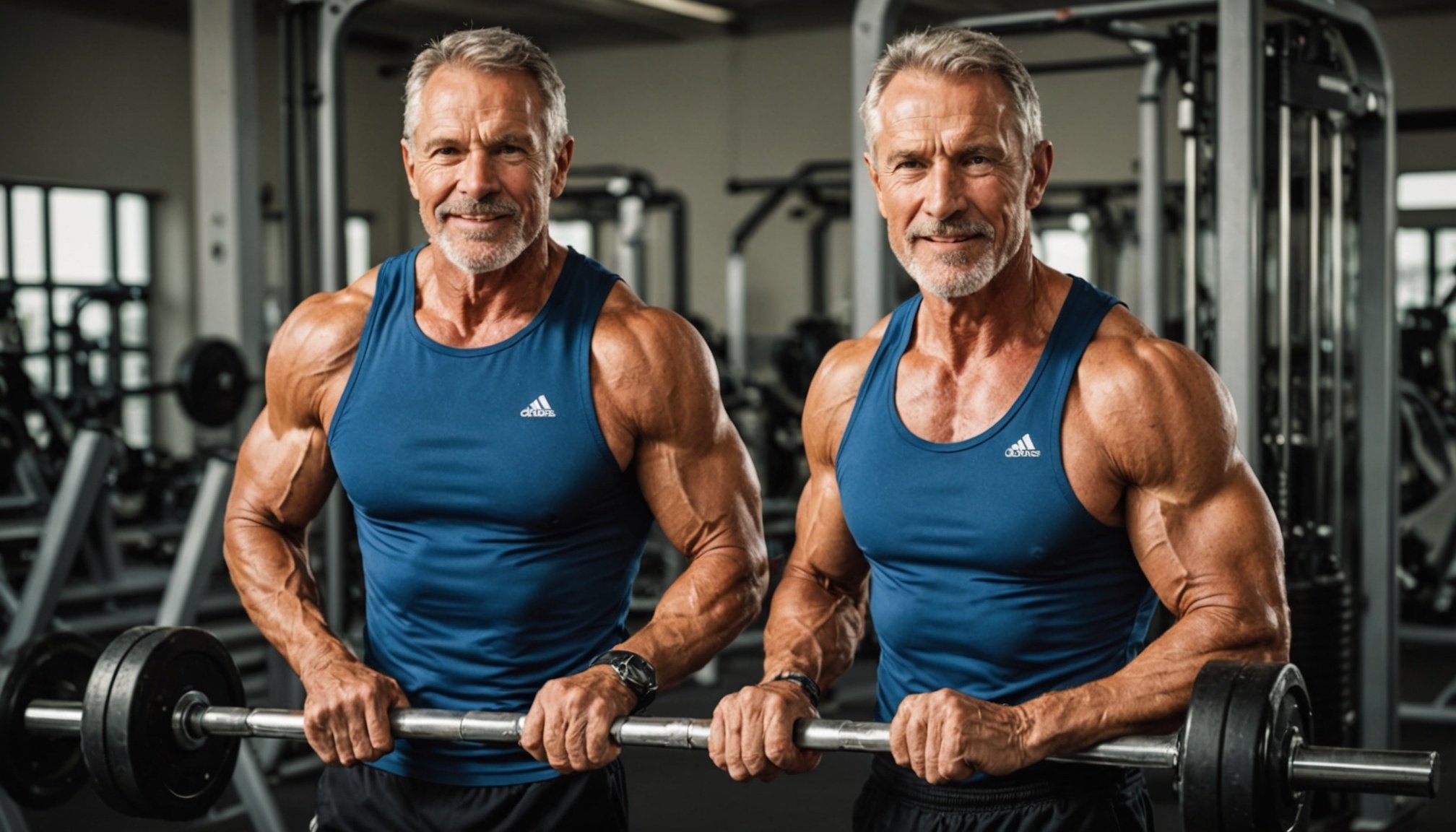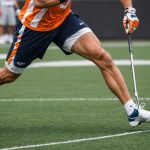As you age, maintaining muscle strength and mass becomes increasingly important for overall health and vitality. However, many adults are unaware of the key nutrients necessary to preserve their muscle health. A plethora of scholarly articles and studies indicate that a combination of protein, vitamins, and other dietary components play a vital role in combating muscle mass loss associated with age. This article will delve into these essential nutrients and provide evidence-based insight into how you can effectively incorporate them into your diet.
The Role of Protein in Muscle Health
When discussing muscle health, protein inevitably takes center stage. This macronutrient is the building block of your muscles, making it indispensable in preserving and building muscle mass. However, as we age, our bodies become less efficient at synthesizing proteins, leading to a condition known as sarcopenia, characterized by the loss of skeletal muscle mass and strength.
Also read : What are the long-term effects of consistent weight training?
A study found on Crossref revealed that older adults who consumed more protein had a lesser degree of muscle loss than those who ingested less. This evidence strongly suggests that meeting or exceeding the recommended daily intake of protein can significantly slow the progression of sarcopenia. Whether you’re a meat-eater, vegetarian, or vegan, there are ample dietary options available for you to reach your protein goals. From lean meats and dairy products to beans, lentils, and tofu, the choices are plentiful.
Vitamins and Minerals for Muscle Maintenance
While protein is crucial, it’s not the only nutrient that contributes to muscle health. Various vitamins and minerals also hold a significant role. For example, Vitamin D is pivotal for bone health and plays a crucial part in skeletal muscle function. A Google scholar search reveals numerous studies linking Vitamin D deficiency with muscle weakness in older adults.
In parallel : What type of protein is most effective post-weightlifting session?
Likewise, sufficient intake of calcium and magnesium is critical to ensure proper muscle function and prevent muscle cramps and spasms. Meanwhile, Vitamin B12 helps make DNA, the genetic material in all cells, and keeps nerves and red blood cells healthy, all crucial for muscle health.
Regular Exercise and Nutrient Absorption
Regular exercise is a key factor in maintaining muscle health as you age. It not only helps maintain and build muscle mass but also improves the body’s ability to absorb and utilize nutrients effectively. A study indexed by Crossref found that resistance or strength training can enhance protein synthesis in older adults, thereby combating muscle loss.
Exercise also has a profound effect on the body’s metabolism and utilization of vitamins and minerals. For instance, regular physical activity enhances the body’s efficiency to synthesize Vitamin D from sunlight. Thus, incorporating an exercise regimen in your daily routine can significantly enhance the benefits of a nutrient-rich diet.
The Role of a Balanced Diet in Muscle Preservation
No single nutrient alone can guarantee muscle health. Instead, a balanced diet that includes a variety of foods can provide a wide range of nutrients necessary for maintaining muscle mass and strength. Dietary guidelines recommend that older adults consume a diet rich in lean proteins, whole grains, fruits, vegetables, and low-fat dairy products. This dietary pattern not only ensures adequate protein intake but also provides an array of vitamins, minerals, and antioxidants that promote overall health and wellbeing.
Furthermore, a balanced diet helps manage weight and prevent obesity, a condition linked with muscle loss. A study available on Google Scholar highlighted that obese older adults lost more muscle mass compared to their lean counterparts over a given time. Therefore, a balanced diet is essential not only for muscle health but also to maintain a healthy body weight.
The Impact of Hydration on Muscle Health
The importance of staying hydrated cannot be overstated, especially when discussing muscle health. Water is the main component of our body and plays a critical role in every bodily function, including muscle contraction. Dehydration can lead to muscle cramps, fatigue, and even loss of coordination. Plus, it can negatively impact the body’s ability to recover after a workout.
Adequate hydration also supports the digestion and absorption of nutrients, facilitating their delivery to the muscles. Thus, drinking an ample amount of water daily is as important as consuming nutrient-rich foods when it comes to maintaining muscle health.
In summary, a well-rounded approach that combines a balanced diet, regular exercise, and proper hydration is crucial for maintaining muscle mass and strength as you age. Stay educated, stay healthy, and make sure to incorporate these essential nutrients into your daily regimen.
Importance of Omega-3 Fatty Acids and Amino Acids for Muscle Health
In addition to proteins, vitamins and minerals, other dietary components like Omega-3 fatty acids and amino acids are also crucial for maintaining muscle health. Omega-3 fatty acids, commonly found in fatty fish like salmon and in flaxseeds, are known to have anti-inflammatory properties. Inflammation can have detrimental effects on muscle mass and strength, hence, incorporating Omega-3 rich foods in the diet can help combat this issue. A study indexed on Google Scholar found a positive correlation between Omega-3 intake and muscle health in older adults.
Similarly, amino acids, especially branched-chain amino acids (BCAAs), are vital for muscle protein synthesis. Leucine, one of the BCAAs, has been shown to stimulate protein synthesis in skeletal muscle. This information, found in a free article on PubMed, suggests that a diet rich in BCAAs can help preserve muscle mass and strength in older people. Foods like lean meats, dairy products, and legumes are excellent sources of BCAAs.
How Aging Affects Nutrient Absorption and Muscle Health
As we age, our bodies undergo various changes that can affect nutrient absorption and muscle health. For instance, the stomach produces less hydrochloric acid, which is essential for nutrient absorption. This can lead to deficiencies in key nutrients necessary for maintaining muscle health. Age-related changes in the kidneys can also affect electrolyte balance, which is crucial for muscle function.
Moreover, aging is often accompanied by a decrease in physical activity, which can exacerbate muscle loss. Regular exercise training, as shown in a PMC free article, can counteract this by enhancing amino acid uptake and protein synthesis in skeletal muscle.
Conclusion: A Comprehensive Approach to Muscle Health
Maintaining muscle strength and mass as we age requires a comprehensive approach. A balanced diet rich in protein, vitamins, minerals, Omega-3 fatty acids and BCAAs is essential. It’s also important to stay well-hydrated, as water plays a critical role in nutrient absorption and muscle function. Regular exercise training can enhance the body’s ability to utilize these nutrients and boost muscle protein synthesis.
However, aging can also affect the body’s ability to absorb nutrients and maintain muscle mass. Hence, regular check-ups and blood tests can help identify and address any nutrient deficiencies.
In conclusion, we can slow the progression of muscle loss and maintain our muscle health by being active, staying well-hydrated, eating a well-balanced diet, and making regular appointments with our healthcare providers. Remember, these steps are not just for maintaining muscle mass, but also for promoting overall health and vitality.











